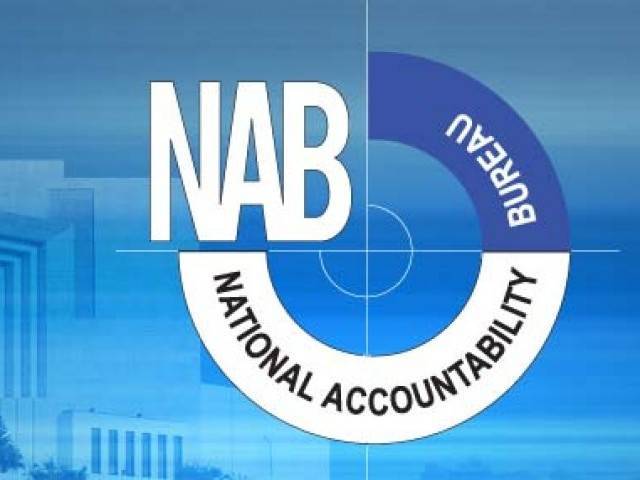–SBP Reaffirms KASB Bank’s amalgamation with BankIslami in accordance with law
KARACHI: Following the investigation of National Accountability Bureau (NAB), the State Bank of Pakistan (SBP) reaffirmed that all of its actions in the resolution and amalgamation of defunct KASB Bank were in accordance with the law.
“None of the SBP officials misused authority nor were involved in any kind of corrupt practices. All the actions taken were permissible under the law and were duly approved by the Ministry of Finance and SBP’s Board of Directors,” the SBP said in a statement here on Friday.
The SBP Act 1956 mandates SBP to regulate the credit system of the country and empowers it through the Banking Companies Ordinance 1962 for this purpose, the SBP said.
It further added that using its authority and powers, SBP decided to amalgamate KASB Bank into BankIslami in 2015 after a moratorium was imposed by the federal government on its request to safeguard the interests of depositors and to ensure safety and soundness of the banking system of the country.
This step was taken due to poor financial condition of defunct KASB bank and its inability to meet regulatory requirements despite opportunities being provided for an extended period of time.
Since then a smear campaign was run in some quarters of media to dub this action by SBP against the law and malign its staff for misuse of authority. Taking notice of these reports, the National Accountability Bureau (NAB) initiated an inquiry into the matter and recently it has been learnt from its press release that an investigation has been authorised against the officials of SBP for alleged misuse of authority in terms of amalgamation of KASB Bank into BankIslami.
SBP finds this decision of NAB to convert its inquiry into investigation disappointing since the inquiry report available in the media does not appear to have incorporated all the detailed input provided by SBP during the process and released through its communications to the general public. Such one-sided views lead to misjudgment about the authority of SBP as a guardian of the financial sector in general and the interest of depositors in particular. Further, it negatively impacts the motivation of SBP staff to discharge its duties without fear or favour.
All stakeholders of the defunct KASB Bank were well aware of the poor financial and operating conditions of the defunct bank, which was facing severe capital shortfall since 2009. As of September 30, 2014, capital (free of losses) of the defunct KASB Bank was only Rs 0.958 billion against the requirement of Rs 10 billion. Moreover, its capital adequacy ratio (CAR) was negative 4.63 per cent against the required 10 per cent. It was the only bank which had a negative CAR.
Even the external auditors of the defunct KASB Bank in bank’s audited account as of December 31, 2013, also expressed concern over capital position of the bank. SBP gave ample time and opportunities to the sponsors of the defunct KASB Bank to inject further capital into the bank so as to make it capital compliant and viable bank.
The sponsors of the defunct KASB Bank could not fulfil their commitments for capital injection despite SBP’s consistent persuasion and instructions, nor could arrange the merger of the bank with any other bank. Besides capital shortfall, the bank and its sponsors were found engaged in fraudulent practices and syphoning off more than Rs 3 billion from the bank, for which separate complaints have been lodged with NAB.
Further, the sponsors of the defunct KASB Bank introduced M/s. Cybernaut Investment Group of China, as a potential investor. Following the procedure, SBP required documentation to establish their credentials and proof of availability of funds worth $ 100 million, neither was provided. This left SBP with no other option but to accept the offer of the sole remaining interested party, i.e. BankIslami.
No person can be handed over a bank without checking credentials to ensure no risk for the depositors and other stakeholders.
When any bank is amalgamated through regulatory action, typically there is the withdrawal of deposits and to avoid any bank run liquidity is provided by the central bank. For the same reasons, to enable BankIslami to cope with the post-merger withdrawal of funds by the depositors of the defunct KASB Bank from BankIslami, SBP provided a short-term loan of Rs 15 billion for 180 days as a liquidity support under the legal provisions of Section 17 of SBP Act 1956.
This amount stands fully repaid. Additionally, a long-term loan of Rs 5 billion was also provided to BankIslami for a period of 10 years. This loan is fully secured by sukuks of an equivalent amount. There are precedents in the past, where, SBP extended interest-free financial assistance to the acquiring banks resolved under Section 47 of BCO 1962. It may be pointed out that the said money did not go to the pockets of BankIslami or any of their shareholders but was utilised to pay to the depositors of defunct KASB Bank.
























